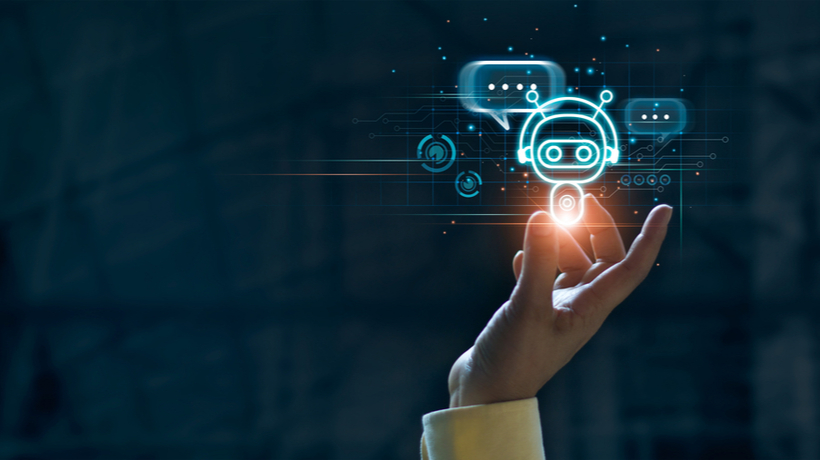AI Chatbots Are Game-Changers In EdTech Industry
The COVID-19 pandemic has dramatically changed the educational landscape around the world, offering the premises for the rise of eLearning, where teaching is undertaken remotely on digital platforms. Educational institutions’ main stakeholders (teachers, pupils/students, and parents) are confronted with bottlenecks as they entirely move to online education. EdTech market growth is characterized by shifts in technological demands and innovation, a propensity to integrate AI chatbots in both teaching and learning processes, and a user-centric product development strategy. Remote education involves a lot of time invested in finding answers to a wide range of educational issues. Thus, teachers, pupils, and parents will need to find solutions regarding how to save time while searching for relevant information to their inquiries. AI chatbots, built to improve student interaction and collaboration, are perceived by the education stakeholders as game-changers in the EdTech industry.
My passion for EdTech solutions pushed me to attend the largest Matchathon+Hackathon in the history: EUvsVirus, where I discovered insightful solutions developed by different teams, in their attempt to cope with COVID-19 challenges for education. Moreover, I had the unique chance to start a fruitful Business Innovation Coaching mission with the winners of the Remote Education track of this Matchathon: TeamJOP.
AI-Powered Chatbots And Remote Education
I would like to share with eLearning Industry's community members my own insights related to AI-powered chatbots with a peculiar focus on remote education. Chatbots are part of the digital discovery process that tests the current idea of communication through audio and scriptural methods, providing new and exciting opportunities for eLearning platforms. Looking through the lens of digital surrealism, educational chatbots are used in dialogue systems for various practical purposes, developing new directions of study that make it possible to find relevant information in real time.
AI chatbot interface designers estimate that stakeholders of remote education are ready to perceive the data set they are reproducing as a real conversation, even when they are actually using a simple matching pattern that can be used for specific purposes. Most students prefer to interact on eLearning platforms with chatbots able to simulate the human voice, recognize, and purposely address their needs in terms of searching for information.
Students immersed in eLearning platforms face difficulties to prioritize their work; in this context, AI-powered chatbots could be valuable in challenging their minds and providing them ideas on how to effectively manage the remote learning process. Interacting with an AI chatbot, the student instantly receives the information they are looking for, such as how to find information to connect on the eLearning management system, the period of exams, the projects assigned to a discipline by a teacher, and many more.
There is a need for research to determine which factors make students forget their mistrust when interacting with AI-based chatbots to create a personalized experience that provides a response to the interaction. This involves experimenting or personalizing EdTech platforms at the meeting point of predictive analytics, natural language processing, and dialogue management through active mobility of content and virtual assistant service.
AI chatbot integration within eLearning management systems will allow teachers to provide education rather than IT support to students’ queries. It is expected that the emerging AI technologies embedded in educational chatbots will be able to provide personalized assessments on eLearning platforms. During distance learning exams, mitigating the risk of cheating by students becomes critically important and AI-powered proctoring solutions integrated with chat interfaces could be extremely useful. Offering feedback during eLearning courses enables fast-tracking of the learning process, facilitating a student-oriented approach.
Attributes Of Educational Chatbots
The main attributes of AI-based educational chatbots are learning support (allowing learning content deployment, assessing students' progress and providing feedback by means of FAQ chat interfaces); themed discussions; and accessibility. Each year, a lot of prospective students visit the websites of educational institutions or Massive Open Online Courses to inquire about the admission process, learning outcomes, curricula, or course fees. AI-powered chatbots can convert this time-consuming task into an automatic one.
AI chatbots should play the role of digitization partner for educational institutions in the next normal, as they are endowed with unique capabilities to unlock the potential of AI technology in education. Students are eager to embrace new technologies in education, such as chatbots with personality, which could provide them mindful experiences.

